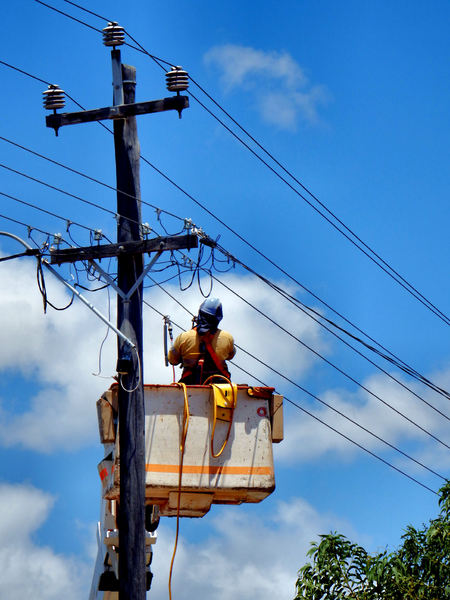The drop in electricity supply in the country is on the decline because the volume of electricity allocated to the 11 Distribution Companies (the DISCOS) from the national grid last week dropped to 3,899 MegaWatts (MW) from the previous week of 4,139MW. Recall that the Transmission Company of Nigeria (TCN) had claimed that gas shortage to power generating plants would only last for 10 days from March 8. It does appear that the challenge is unending.
The power production and distribution statistics obtained from the Advisory Power Team in the Office of the Vice President, Prof. Yemi Osinbajo, as reviewed by our team of editors and covering a period of two weeks starting from March 14 to 27 showed that between March 14 and 20, the average volume of electricity sent to homes and offices in the country was 4,139MW, while constrained volume was 4,069MW. What this meant is that the country’s power sector lost a whopping N13.6 billion with a shortage of gas supply to Generation Companies (GENCOS) blamed for the low generation figure.
The document also showed that between March 21 and 27, the figure for the volume of power distributed dropped to 3,899MW while constrained volume increased to 4,646MW. However, the financial costs of the decline also rose to N15.6 billion. The date showed that 13 GENCOS had gas supply shortages, which affected their production capacities between March 21 and 27. Affected GENCOS were Azura-Edo, which lost an average of 153MW; Calabar NIPP – 126.5MW; Delta (Transcorp) – 162.5MW; Alaoji – 126.5MW; Okpai – 219MW; Geregu NIPP – 504MW; Geregu – 385MW; Rivers – 180MW; Omotosho – 210MW and Afam – 217MW. Others were Sapele, which lost an average of 379.5MW within the covered week; Omotosho NIPP, which could not produce 506MW and Ihovbor plant, which also failed to produce 506MW.
As a result of this development, Nigerians across the states are in a lamentation mode because following the lockdown as forced by the spreading Coronavirus (COVID-19) pandemic, which has forced families to stay at home, this is the time for the power companies to ensure more regular power supply, which will by no means minimize the effect of the compulsory stay at home order, which kicks off from 11:00p.m. on Monday, March 30, 2020. The states worst hit by the pandemic are Lagos, which is Nigeria’s epicenter, Abuja and Ogun.





